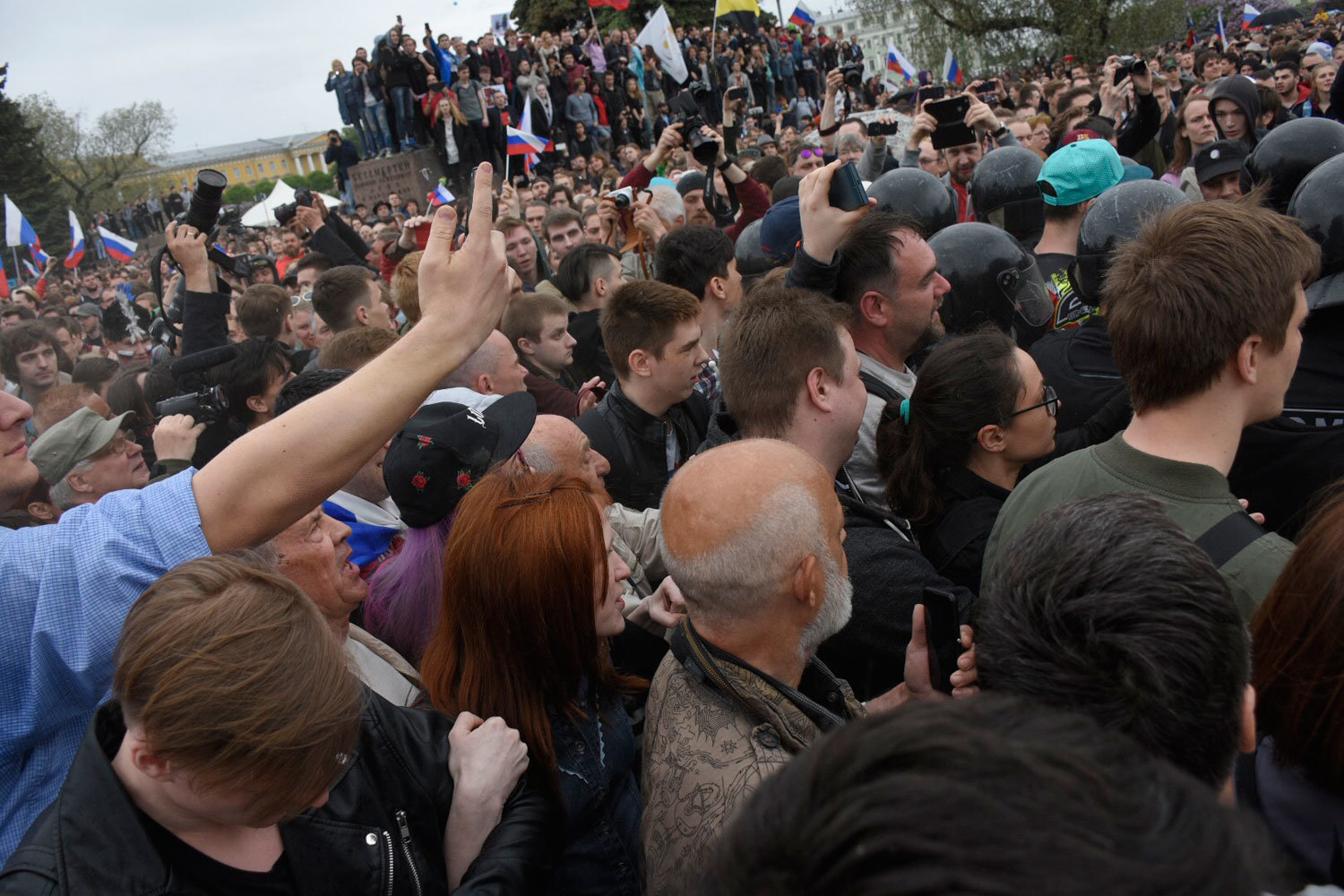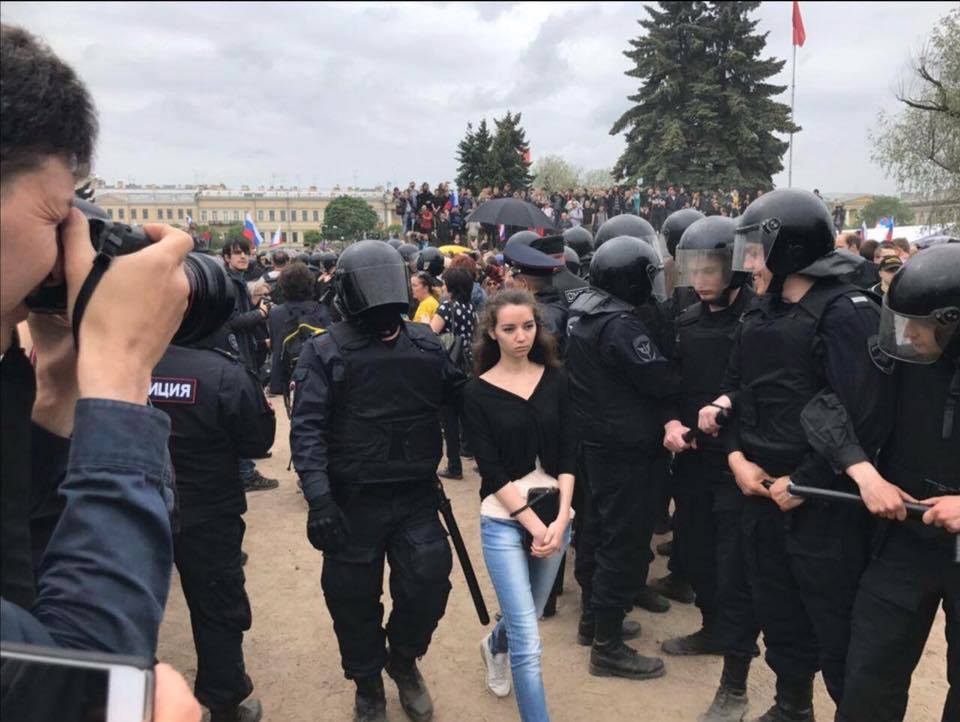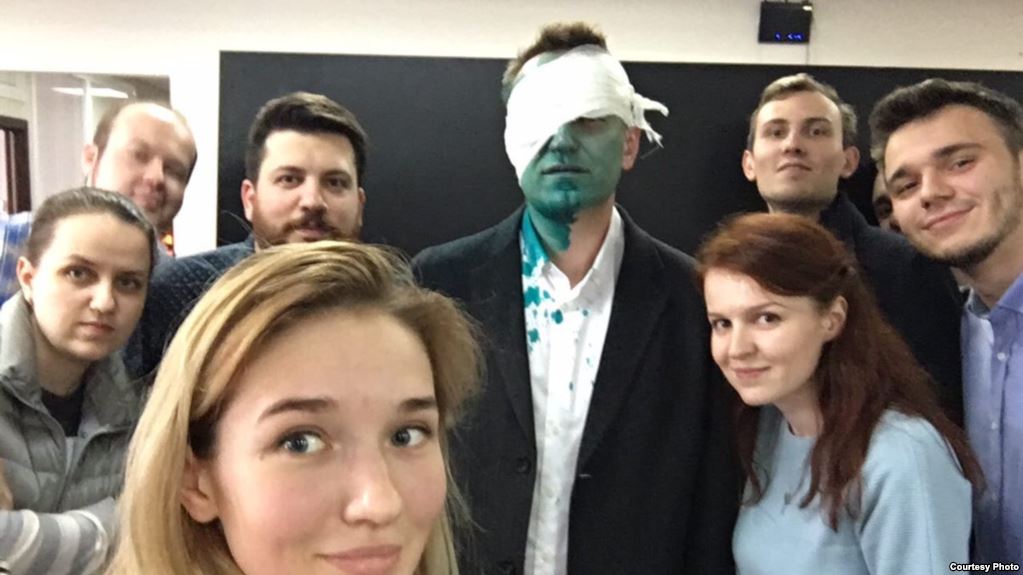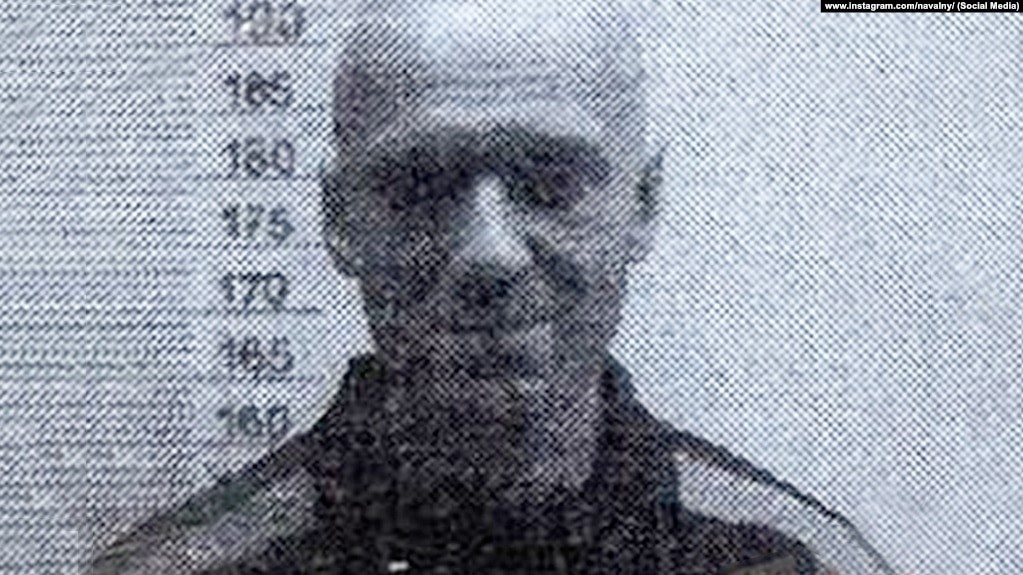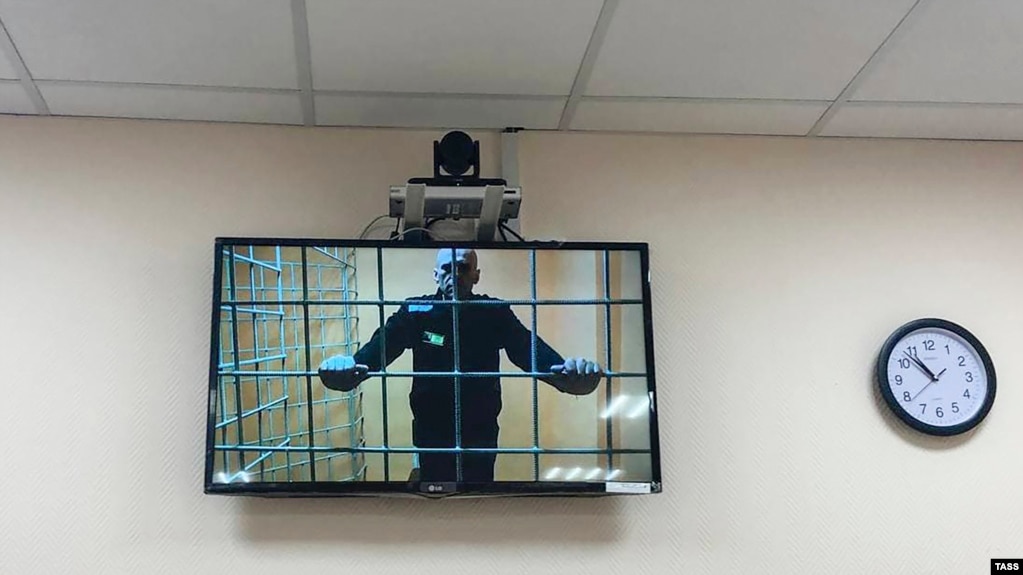Given the Moscow-centric nature of Russian government and opposition attitudes and of Western coverage, it was no surprise that most of the airtime and ink about yesterday’s anti-corruption protests focused on Alexei Navalny’s demonstration in Moscow and the response of the authorities there.
But perhaps the most important development of the June 12 protest was that it was not restricted to Moscow but took place in more than 150 cities across all of Russia’s time zones, a pattern that means that the Kremlin can no longer assume that the hinterland is unqualifiedly in its corner even if the capital is not.
Despite the expanded geography of protest, the Moscow mindset remains strong. In a comment on the protests, Russian commentator Stanislav Belkovsky suggests that what happens in “the provinces doesn’t concern the Kremlin as far as protest activity is concerned.”
According to him, “the Kremlin considers that the political activity there is one way or another under control,” and consequently, “even numerous actions and outbursts do not threaten stability.” The situation in Moscow and St. Petersburg is something else and the authorities will move harshly against the protesters.
Belkovsky may be right about how the Kremlin views the situation, but both he and the Kremlin are undoubtedly wrong in their assessment about what he dismissively refers to as the provinces. Officials there may be more willing to work with demonstrators, but as they do and as more demonstrators demonstrate, that changes the relationship between the two.
On the one hand, protests outside of Moscow as well as within the ring road underscore what the most active portion of the population cares about and officials in the regions, if not in Moscow, will likely be inclined to cooperate and even seek points of agreement with the protesters if for no other reason but to maintain the peace and thus their jobs.
And on the other, all evidence suggests that protests lead to more protests and successful protests lead to rising expectations. That in turn will tend to create a new political mood both in the population and elites in the regions, one that Moscow for all its power will ignore to its peril.
Related:
- Russian protests don’t threaten Kremlin for one simple reason, Portnikov says
- Every meek pointless protest in Russia is a nail in the regime’s coffin
- Russia and Belarus protests – ‘part of general crisis in post-Soviet space,’ Portnikov says
- New Moscow actions seen provoking even bigger long-haul trucker strike
- Russian police arrest striking long-haul truckers and then plant ‘incriminating’ evidence
- Long-haul drivers converged on Moscow from five regions last weekend




